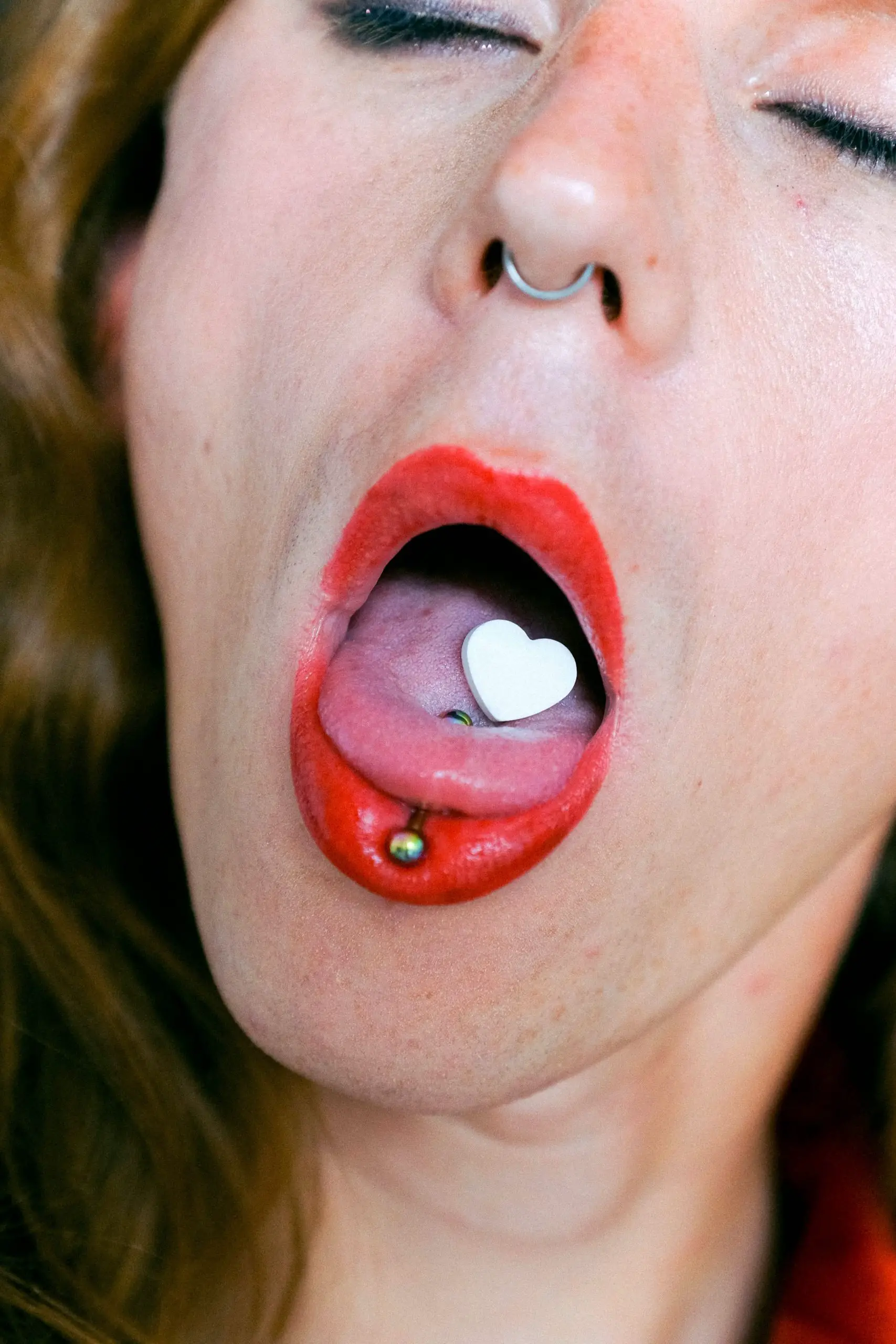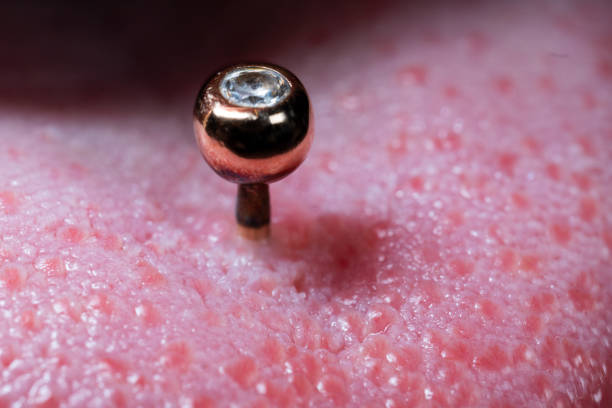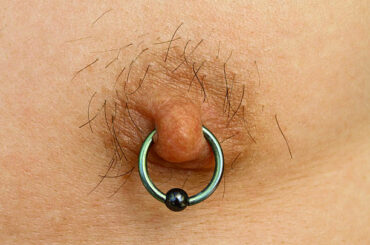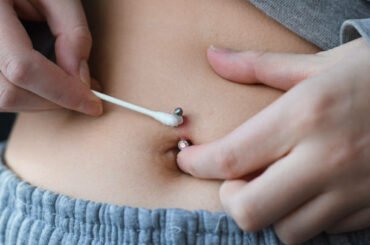We all know that tongue piercing is piercing your tongue. Recently this has become a common fashion due to its uniqueness and popularity as well. But have you ever thought of what it feels like to get your tongue pierced? If not today you will feel what will it be like. Without further ado let’s move to the point.
Contents
What does it feel like to get your tongue pierced?
Many say that tongue piercing is painful while some say that it feels just like a mosquito bite. But it is good to know that getting your tongue pierced involves a range of sensations. These sensations happen both during and after the procedure.
However, the individual experiences may vary. This experience can be categorized under 03 main phases. Those are;
- Before piercing
- During the piercing
- After the piercing
The sensations are pretty different during the 03 phases and first, let’s have a look at what it feels like before the piercing. Please remember that this is a general overview.
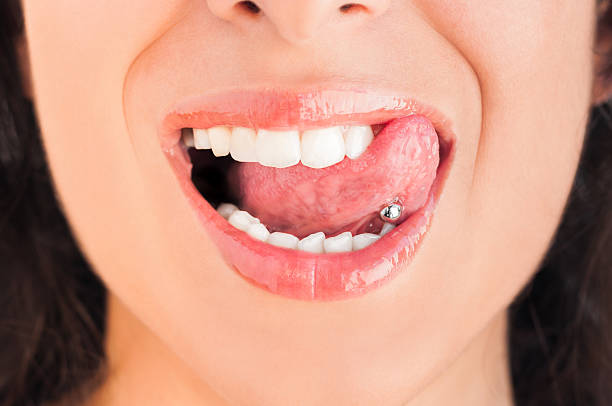
What does it feel like prior to getting your tongue pierced?
Anticipation and Nervousness:
Before the piercing, you might feel a mix of excitement and nervousness. It’s normal to have some anxiety before undergoing any body modification. Always keep in mind that the best results always need hard work.
What does it feel like when your tongue is pierced?
Initial Piercing Sensation:
The actual piercing process is relatively quick. You’ll feel a sharp, intense pain as the needle passes through your tongue. This discomfort is usually short-lived, lasting only a few seconds.
What does it feel like after your tongue is pierced?
Immediate Aftermath:
Right after the piercing, you may experience some throbbing or aching in the pierced area. The tongue tends to swell quickly, and this can contribute to the initial discomfort.
Swelling and Tenderness:
Swelling is a common side effect of tongue piercing. Your tongue may become noticeably larger, making it a bit challenging to speak or eat comfortably. The heightened sensitivity and tenderness can last for a few days.
Increased Salivation:
Many people report an increase in saliva production immediately after getting their tongue pierced. This is a natural response to the presence of a foreign object.
Speech Changes:
Due to the swelling and increased sensitivity, your speech may be affected initially. Some words might be challenging to pronounce, and your speech may sound different.
Aftercare Discomfort:
Taking care of your new piercing involves regular cleaning, which can cause additional discomfort. However, following the aftercare instructions provided by your piercer is crucial for preventing infections and promoting healing.
Healing Process:
As the days pass, the initial discomfort should gradually subside. You’ll need to be patient during the healing process, which typically takes a few weeks to a month. During this time, you may still experience some tenderness and swelling.
Fully Healed Sensations:
Once the tongue piercing is fully healed, the discomfort should be replaced by a sense of normalcy. You’ll likely become accustomed to the presence of the jewelry, and any initial difficulties with speech or eating should diminish.
Now you know what it feels like. However, there are many steps you can take to minimize the discomfort and pain that occurs.
Over-the-counter pain relievers, like ibuprofen, can help manage pain and reduce inflammation. Follow the recommended dosage and consult with your piercer or a healthcare professional if you have concerns.
Also, try to schedule follow-up appointments with your piercer as recommended. They can assess the healing progress and provide additional guidance.
Always Keep an eye out for signs of infection, such as increased redness, swelling, pus, or prolonged pain. If you suspect an infection, contact your piercer or seek medical advice immediately.
Aftercare tips
Proper aftercare is crucial for the healing process of a tongue piercing. Follow these general aftercare instructions to minimize complications and promote optimal healing:
- Rinse with Non-Alcoholic Mouthwash:
Use a non-alcoholic, saline-based mouthwash or a solution recommended by your piercer. Rinse your mouth for about 30 seconds after eating, drinking, or smoking and before bedtime.
- Oral Hygiene:
Maintain good oral hygiene to prevent infection. Brush your teeth with a soft-bristled toothbrush and non-alcoholic toothpaste after each meal. Gently brush the jewelry and the top of your tongue.
- Limit Oral Contact:
Avoid playing with the piercing or excessive movement of the jewelry in the initial weeks. This helps prevent irritation and promotes faster healing.
- Avoid too spicy and too acidic Foods:
During the healing period, avoid spicy, hot, and acidic foods, as well as those that can easily get caught in the piercing (e.g., seeds, nuts). Opt for soft, cool, and non-irritating foods.
- Limit the alcohol and tobacco Intake:
Limit alcohol and tobacco consumption, as they can slow down the healing process and increase the risk of complications.
- Use ice chips for swelling:
If you experience significant swelling, sucking on ice chips can help reduce it. This can be especially helpful during the first few days after getting the piercing.
- Stay Hydrated:
Drink plenty of water to stay hydrated. Hydration supports the healing process and helps manage saliva production, which may increase with the presence of the piercing.
- Avoid Oral Sexual Activity:
Refrain from engaging in oral sexual activities during the initial healing period to prevent irritation and the introduction of bacteria.
- Avoid Swimming in Pools and Hot Tubs:
Steer clear of swimming in pools, hot tubs, or natural bodies of water during the initial healing period to reduce the risk of infection.
Conclusion
Well, it’s time to wrap up. Now you are armed with what it feels like to get your tongue pierced. Don’t be distracted by the pain of tongue piercing. Also, be mindful when selecting the artist and the studio as well. Just search through the history records of the artist so that you will be able to have a rough knowledge about their work.
So, following professional advice, practicing good oral hygiene, avoiding irritants, getting regular checkups, and drinking plenty of water are all important for a successful and healthy recovery process following a tongue piercing.

